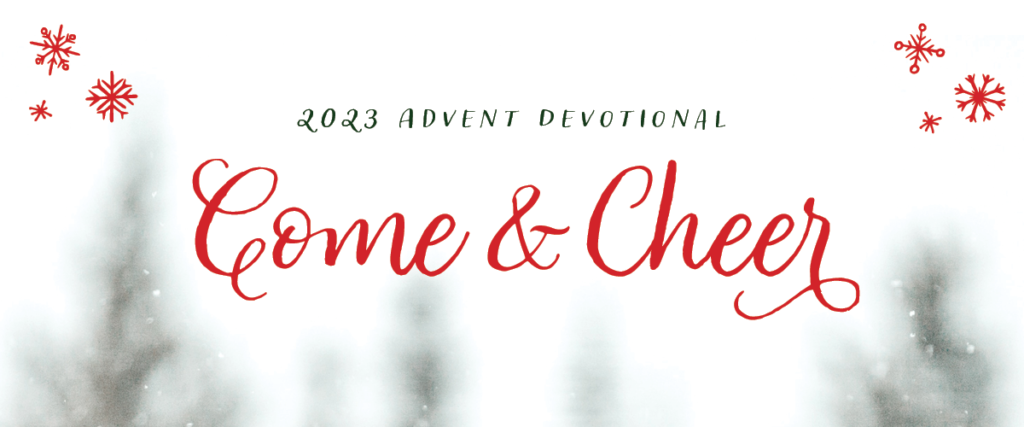
On your walls, O Jerusalem,
I have set watchmen;
all the day and all the night
they shall never be silent.
You who put the LORD in remembrance,
take no rest,
and give him no rest
until he establishes Jerusalem
and makes it a praise in the earth.
The LORD has sworn by his right hand
and by his mighty arm:
“I will not again give your grain
to be food for your enemies,
and foreigners shall not drink your wine
for which you have labored;
but those who garner it shall eat it
and praise the LORD,
and those who gather it shall drink it
in the courts of my sanctuary.”
Go through, go through the gates;
prepare the way for the people;
build up, build up the highway;
clear it of stones;
lift up a signal over the peoples.
Behold, the LORD has proclaimed
to the end of the earth:
Say to the daughter of Zion,
“Behold, your salvation comes;
behold, his reward is with him,
and his recompense before him.”
And they shall be called The Holy People,
The Redeemed of the LORD;
and you shall be called Sought Out,
A City Not Forsaken.
Isaiah 62:6–12
I am not going to pretend that I understand the nuances of Isaiah’s words. I don’t know what this passage means completely because it is confusing. I want to think it is about the birth of Christ, but Jerusalem is not the praise of the earth. I know that for sure.
I want to connect it to my toil — so often my days feel more like toil than the celebration feast. I try to tend to my little patch of earth but for what? I eat someone else’s grain. I drink wine made in vineyards unknown to me. Not only is Jerusalem not the praise of the earth, but there don’t seem to be watchmen who are never silent on the walls.
I cannot help but connect the passage back to all the laborers of Israel when Isaiah wrote this poem. So often their grain, their wine, their harvest, all the fruits of their labor are taken by someone else. Both the bread that is their sustenance and the wine that is their joy. Their mourning and work must have been intermixed. Something like, “Why did you take us out of Egypt just to die in the desert?”
I start to see that the passage knows that without Christ’s incarnation all of history would be pointless toil. All it would be is injustice, stealing, and working only to see the fruits of your labors turn to ashes. Life would be toil and strife without end — both an end in time and a teleological end. At least that is what Ecclesiastes has convinced me of.
But now I am wrapped up in trying to understand a deeper layer of this poem. I think it is true that the world has deserted the watchmen who have been set on the wall.
That indeed the watchmen have not remained silent.
That the work and toil was not pointless.
That the restless days and nights of waiting were worthwhile.
We can and should say to “Daughter Zion, ‘See, your Savior comes!’”
The bread and the wine were stolen from our lips. The enemies were not just taking their hard-earned fruits, they were stealing the communion. The work of our hands which Christ made sacramental. Our bread and our wine becomes His body. This is not a passage about the way being prepared for Him. It is about the way being prepared, “for the people.”
He is calling us back to Jerusalem. It is a city for the nations. It is a city that will never be deserted again. His coming incarnation is the cornerstone of the Jerusalem that Isaiah prophesied about.
We must continue the watchful waiting, and we must not be silent. He is waiting for all the Holy People to be called. Can we patiently wait for even just one or two more? Can we turn this Advent observance into waiting for His final return? A time when our communion is no longer stolen?
Can we endure the injustices of this world for a while longer? Even if it is the rest of our lives?
I get to eat the bread and taste the body and drink the wine and savor the blood. I get to taste that city that is here and is yet to come. To live is Christ, but what is coming is life everlasting.
See, your Savior comes!
Greg Lookerse is an assistant professor of art at Hope College.

Scripture quotations are from the ESV® Bible (The Holy Bible, English Standard Version®), copyright © 2001 by Crossway, a publishing ministry of Good News Publishers. Used by permission. All rights reserved.

